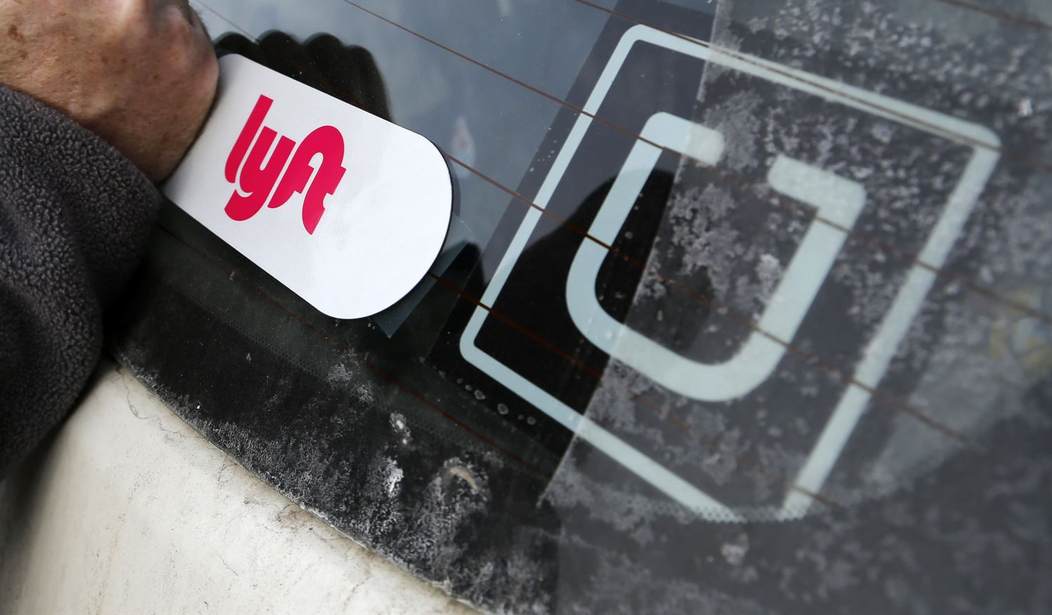It appears that no one is paying attention to the cautionary tales of California. Despite the fallout from AB5, particularly surrounding rideshare companies Uber and Lyft, and the California voters helping rideshare drivers preserve their independent contractor status through Prop 22, other states and municipalities continue to wage war with these corporations and the drivers who simply just want the opportunity to do the flexible work the platform affords.
Add Minneapolis to the list. Because of the actions of the Minneapolis City Council, Uber and Lyft have chosen to pull their operations out of the city.
Lyft and Uber have said they will halt operations in Minneapolis because of a new city ordinance that increase wages for app-based drivers, the latest salvo in a longtime fight between gig economy workers and the tech giants.
The city’s council vote Thursday overrode a mayoral veto of the measure and means ride-hailing companies will have to pay drivers the equivalent of the local minimum wage of $15.57 an hour. It’s not the first time members of the city council have advocated for a driver pay raise, nor is the issue exclusive to the city or the state.
The City Council’s measure requires requires ride-hailing companies to pay drivers at least $1.40 per mile and $0.51 per minute for the time spent transporting a rider — or $5 per ride, whichever is greater. Tips are excluded. In the event of a multi-city trip, that only applies to the portion that takes place within Minneapolis.
Supporters said the measure prioritizes workers’ rights over corporate greed.“This is a David and Goliath story,” council member Robin Wonsley, who helped author the policy, said in a statement. “Regular working-class people took on two corporate giants and their political allies, and won.”
Fellow council member Jamal Osman said it will keep the companies from exploiting the city’s East African community for cheap labor.
But the social service organizations have sounded the alarm that the freedom of movement for persons with physical and cognitive disabilities will be greatly hampered.
Some local agencies are scrambling Friday to try and figure out how to keep providing transportation to the area's most vulnerable populations after Uber and Lyft announced they're leaving Minneapolis on May 1st due to a new ordinance. [...]
Mayor Jacob Frey vetoed it, but then on Thursday, a majority of the council members overrode his veto.
This is the same Defund the Police mayor who let Minneapolis burn in 2020. While in this case, Frey tried to do the right thing, his more-Woke-than-thou city council overrode him. This is why local elections matter. As per usual, it is the people who need it the most who are the ones getting shafted.
Many organizations in Minnesota provide transportation to people with physical and cognitive barriers who say this move will have a traumatic effect.
For example, four years ago, Dakota County partnered with Lyft to provide discounted rides to about 4,000 people a year. That includes Liz Workman's daughter, Tori, who gets a $1,000 stipend every month for rides to her job at a local grocery store. The money is funded by taxpayers.
"They have to fix this," said Workman about the city council. "If they’re smart, they’ll get back into it and get some consensus on what’s the right thing to do."
Connect Ability of MN is a non-profit that partnered with Lyft four years ago. It says 3,000 people use the ride-share company and they're busy letting all those clients now know what might happen next.
"They're literally going to have to quit their jobs because they will have no transportation to get to them," said Connect Ability of MN Executive Director Sheri Wegner. "We’re going to create isolation and we’re going to create problems with increased demand on social services and case managers in the state of Minnesota who are going to be under tremendous pressure."
She says that can lead to even further limited access to other things like stable housing, food and appointments. Wegner did commend the city council for approving a livable wage for drivers, but questions at what cost.
"They stuck to their guns on their highest price and now everybody else has to pay the price for that," said Wegner. "That's very unfortunate."
Exactly. In 2021, Minneapolis started a universal basic income pilot which they are using federal pandemic dollars to fund. Now that people will be out of work because they can no longer enjoy the freedom and flexibility of rideshare driving, and some cannot use the programs and discounted services that Uber and Lyft provided to get rides to work and critical appointments, they have the perfect test dummies for their UBI program. This dovetails quite nicely with the socialist mindset of the Minneapolis leaders. But once again, this is not what the citizens need or want.
But when did that ever matter to these activists?
Wegner says her clients will have to rely more on cab companies and metro transit. And even if her clients can use rideshare, it could mean more transfers and a higher cost to skirt around the city Uber and Lyft will no longer serve.















Join the conversation as a VIP Member